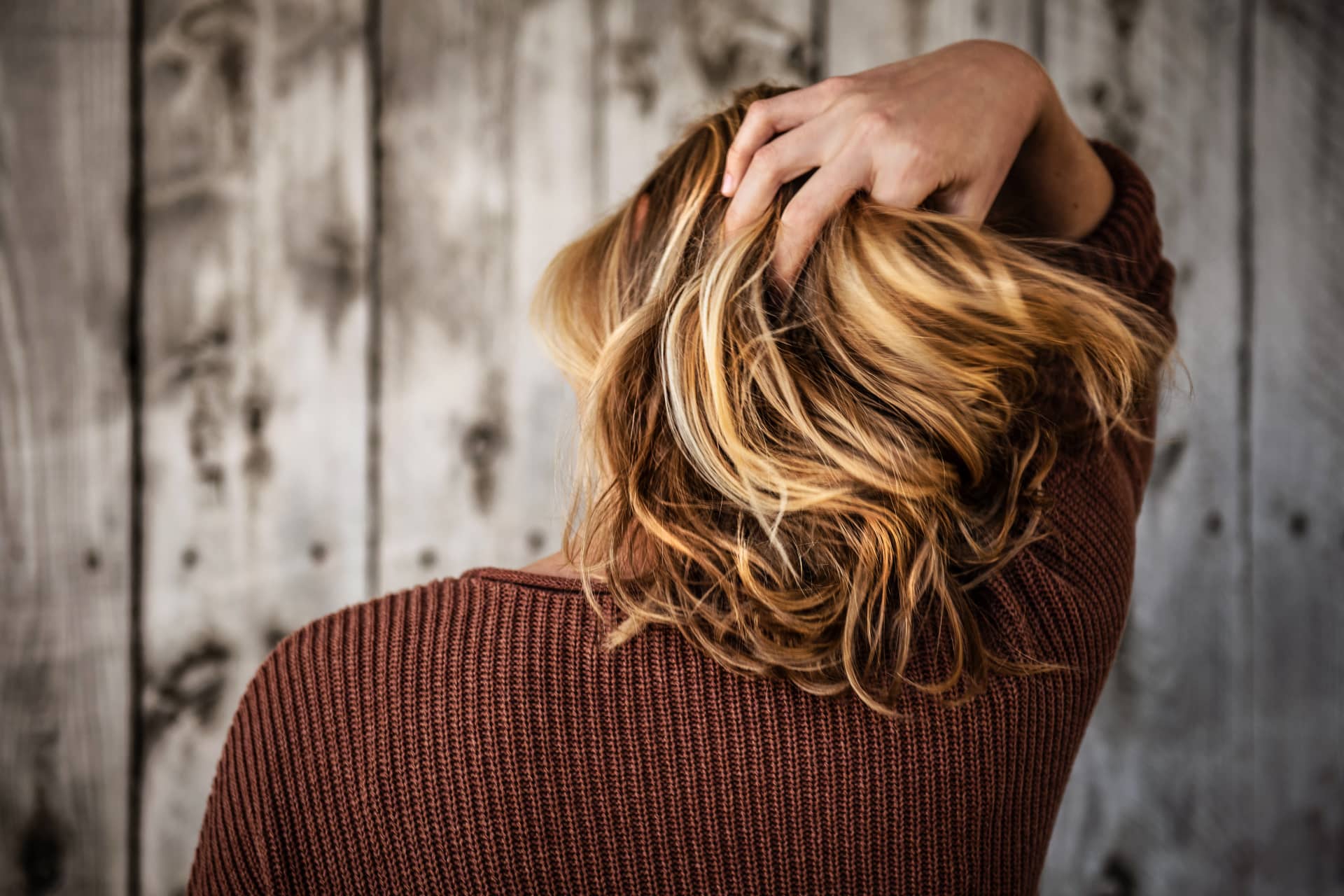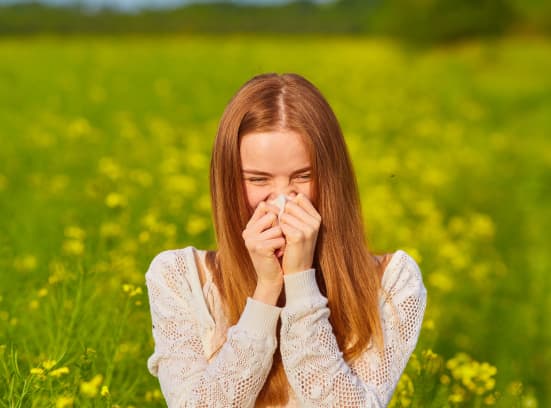There are more than 30 symptoms associated with menopause, but did you know one of them is hair loss? In fact, according to the NHS around 40% of women can be affected by thinning hair or hair loss as a result of declining estrogen hormone levels. Often the hair loss occurs around the temples and is known as female pattern baldness, or it can be a generalised thinning of hair across the scalp. In either case it can be distressing and changing seasons can make it worse.
This is even more exacerbated at this time of the year because the winter conditions can also contribute to hair loss. ‘’As the change of the seasons affects the condition of your skin, the health of your hair can suffer during the winter periods and increase the risk of hair loss.’’
Pharmacist Stuart Gale from Oxford Online Pharmacy explains, “the dry winter air outside dries all the moisture from your scalp which can lead to increased hair loss.” With that being said, in this blog post, we are going to take a further look at menopausal and seasonal hair loss so that you can get a better understanding of why hair is impacted during this stage in a woman’s life.
Why does Menopause impact hair?
During the years leading up to Menopause and throughout this period, your body will start to
encounter hormonal changes, which include a decline in the production of progesterone and
oestrogen. This can cause the following to happen:
- Hair follicles will shrink back and individual hairs become finer
- your hair will grow a lot slower
- Hair can also appear lifeless and dull
- Your hair will be weaker and thinner
Hair loss caused by Menopause is typically gradual, and therefore, a lot of people do not realise that this is what they are experiencing. As there is less oestrogen, the hair will grow for a shorter period and it will do so at a slower pace.
There are three different phases involved in hair growth; growing, resting, and shedding. As
oestrogen levels drop prematurely, this means that you go into the resting phase and consequently the shedding phase a lot quicker than you used to do.
Your hair will keep growing if you have the right level of oestrogen. The growing phase needs to be between three and five years for your hair to be long and healthy. If there is an underlying cause, such as a disease or illness, this can be reduced significantly.
What else can impact hair loss?
As mentioned earlier in the guide, you need to be extra diligent during the winter months
because the cold weather conditions can also be a contributing factor when it comes to hair loss. There are also a few other things that you should keep in mind.
For example, a good, healthy, and balanced diet is critical because you need to ensure that
your hair is getting the nourishment it needs. Some of the other things that can impact your hair’s growth and appearance include the following:
- Traction from braids and hair extensions
- Trauma and shock
- Chemically processing the hair
- Over styling your hair
- Low iron
- Low Vitamin D
- Malnutrition
- Stress and anxiety
Is there anything you can do to reduce your chances of experiencing hair loss during Menopause?
While it is not possible to guarantee that you will not experience any hair loss or thinning during the Christmas period, there are a few things that you can do to reduce your chances of this happening to you. For example, exercise is highly advised. Working out while helping to prevent the likes of insomnia and mood swings, which are critical when it comes to maintaining a more stable hormone balance, consequently promoting healthier hair growth. Select a type of exercise that works for you. You don’t have to join the gym unless you want to, of course! You could take part in a dance class or you could go for a run with a friend. The options are endless.
Aside from this, it is important to keep your stress levels as low as possible. Put your mental
health first and take some time to focus on number one. Reduced production of estrogen can
impact your brain chemistry, resulting in anxiety, mood swings, and depression. It is important to try and counteract this by doing breathing exercises, yoga, and other exercises like this so that you can keep calm. Finally, make sure that you drink plenty of water, use natural products, and that you eat well as well.
What are the treatment options for hair loss?
There are a number of different treatment options for hair loss. The course of action you take
will depend on the extent of your hair loss and, of course, your own personal preference. You
may find that you do not need any treatment if the hair loss is temporary and it is going to grow back.
Minoxidil is the most common treatment used for hair loss in women. This is a foam or lotion
that you will apply directly to the scalp. It is licensed for use in females who are experiencing
female-pattern baldness, yet it can also be used for the purpose of treating bald patches that
alopecia areata has created.
Other hair loss treatments include the likes of hair loss surgery, immunotherapy, dithranol
cream, and corticosteroids. The best thing to do is speak with an expert who will explain all of the options to you, helping you to understand the pros and cons so you can come to the right decision for you.
So there you have it: an insight into hair loss caused by Menopause, and also how the winter
conditions can make this worse. While hair loss can be challenging to deal with, it is important to remember that you are not alone and there is help available.








